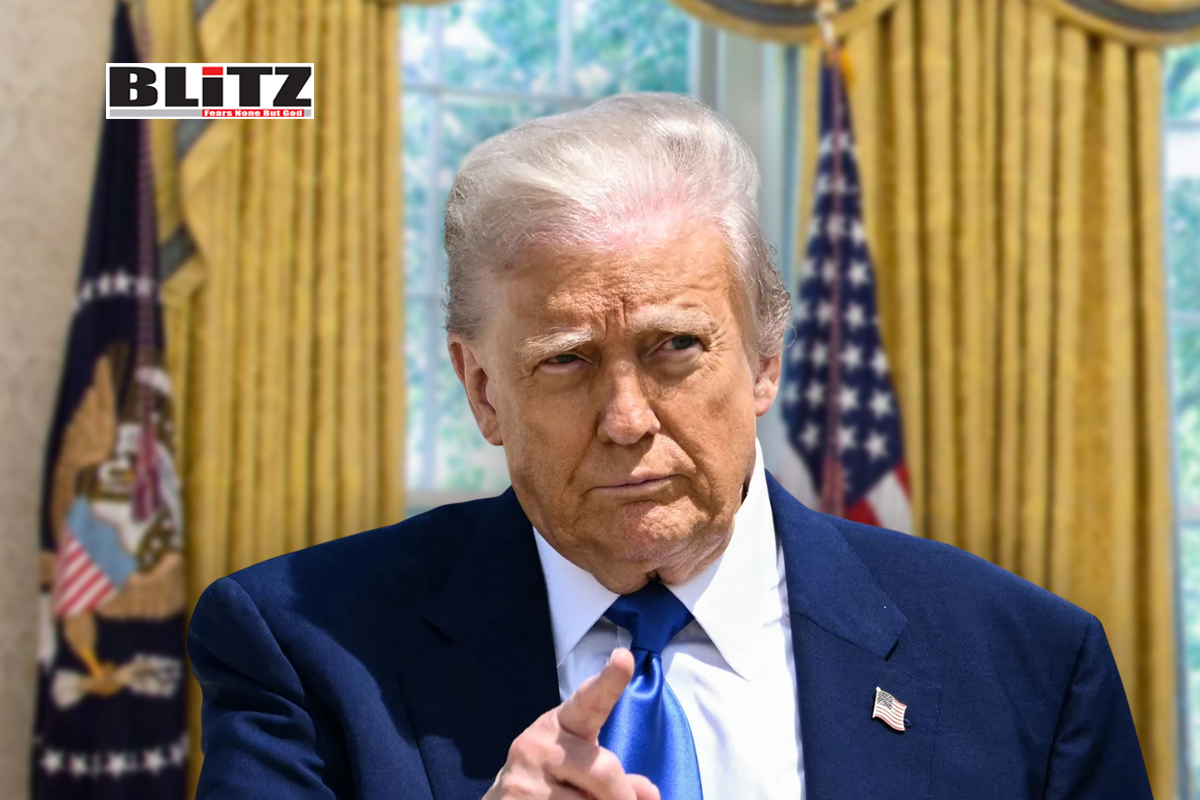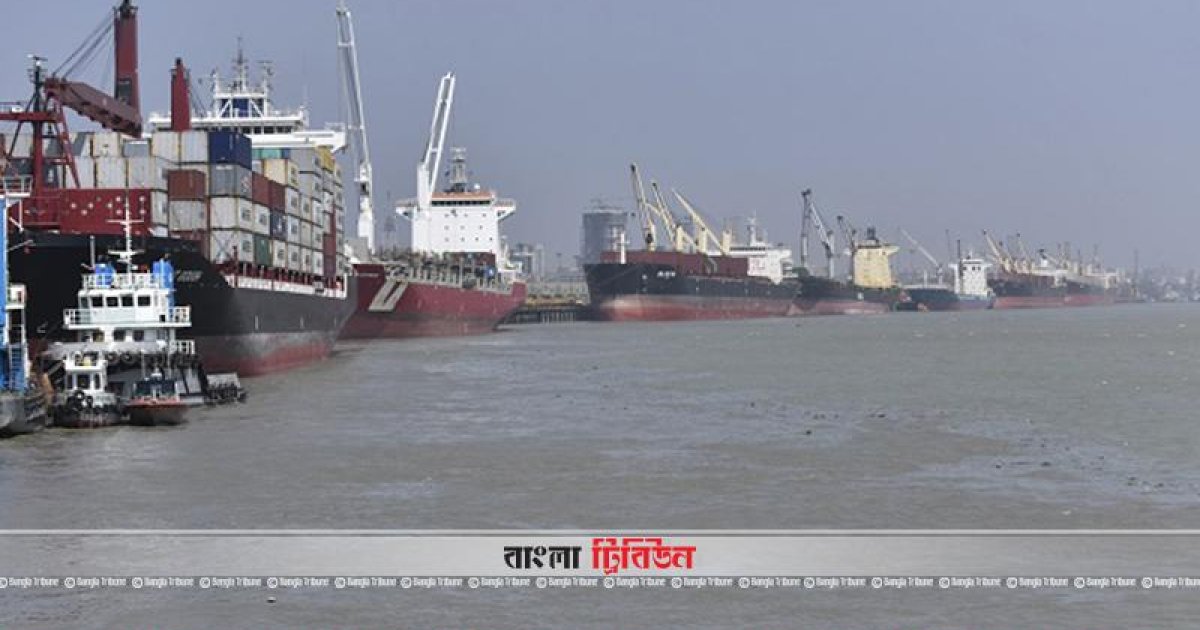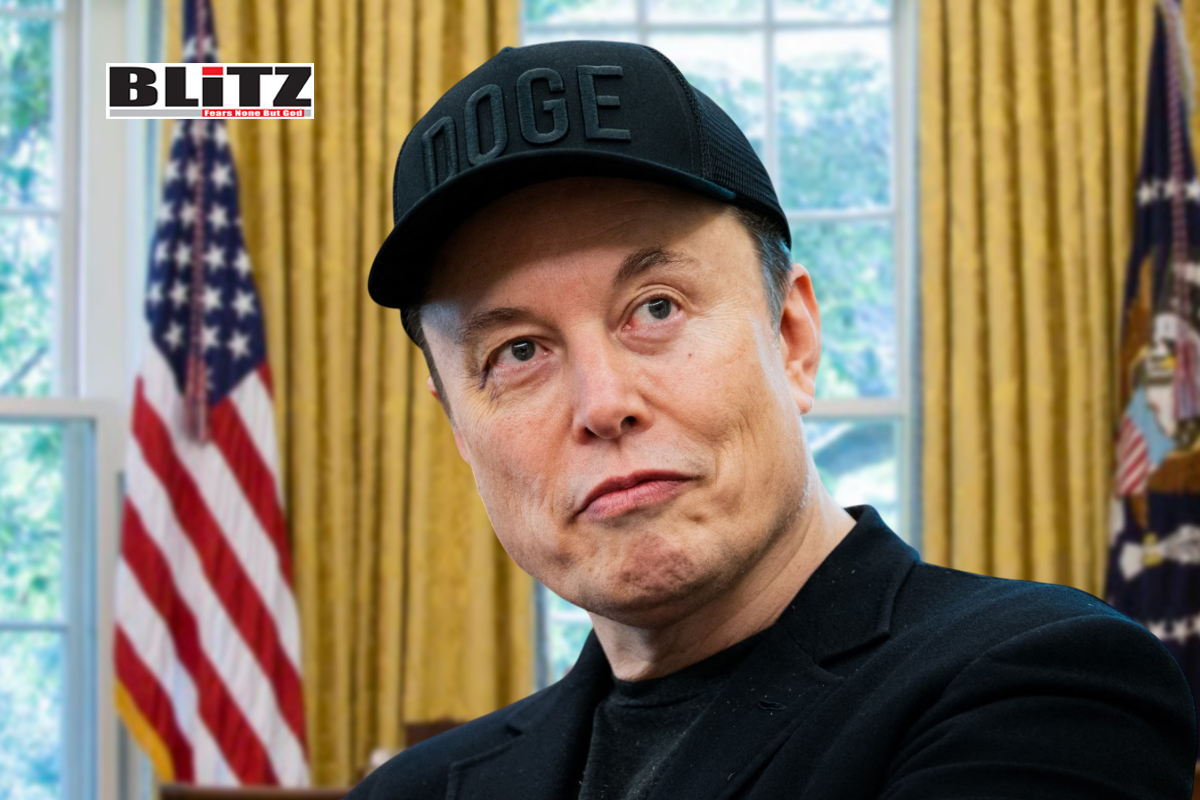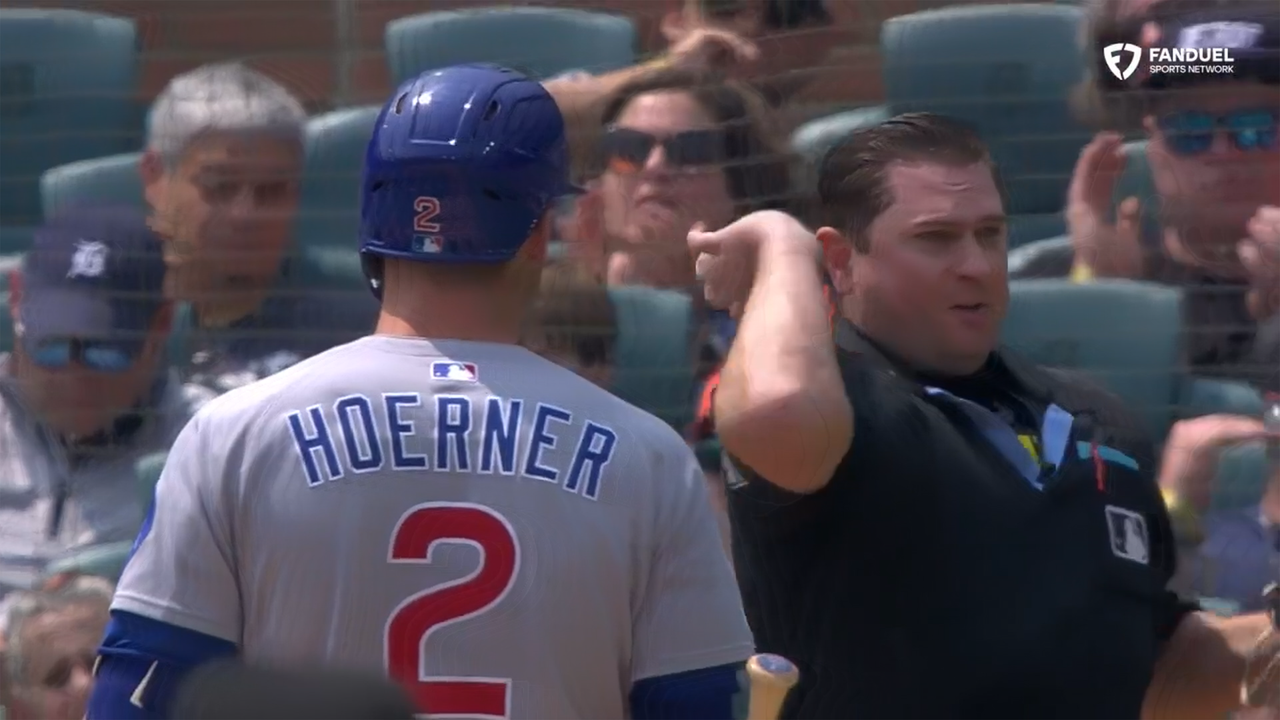In a striking deviation from traditional US diplomatic posture, President Donald Trump has openly floated the possibility of sanctioning both Russia and Ukraine should ongoing peace efforts between the two warring nations collapse. The remark, made during a high-profile meeting at the White House with German Chancellor Friedrich Merz, underscores Trump’s personalist approach to foreign policy and his belief that punitive measures can be used as leverage over both allies and adversaries alike.
“I’ll know when it’s time to act – it’s in my brain, the deadline,” Trump said cryptically when asked if he would support legislation currently moving through the Senate that targets Russian energy exports. While the bill, spearheaded by GOP Senator Lindsey Graham, proposes a 500% tariff on countries importing Russian resources, Trump hinted that his strategy might involve broader consequences for both Moscow and Kiev.
“We’ll be very, very, very tough, and it could be on both countries, to be honest,” Trump warned, drawing a moral equivalency between Russia, the aggressor state, and Ukraine, the nation defending its sovereignty. “You know, it takes two to tango,” he added, further stoking controversy among international observers and US lawmakers who have largely viewed the war as one of unprovoked aggression by Russia.
Trump’s remarks come at a tense moment in the ongoing conflict, now in its third year. Over the past weeks, Ukraine has intensified attacks deep inside Russian territory, including drone strikes on airfields and sabotage operations on railway lines in the Bryansk and Kursk regions. These incidents have resulted in the deaths of at least seven people and injuries to dozens more, escalating the stakes in what has long been a grinding war of attrition.
The Kremlin has accused Ukraine of deliberately undermining the recent resumption of peace negotiations, with a second round of talks held in Istanbul on June 2. In an unexpected disclosure, Trump revealed that he spoke with Russian President Vladimir Putin in a previously unannounced call earlier this week. “He did say, and very strongly, that he will have to respond to the recent attack on the airfields,” Trump said, framing the conversation as “a good one.”
According to Russian officials, the purpose of the attack was not tactical but symbolic – an attempt by Kiev to derail the fragile momentum of diplomacy. Moscow also claimed Trump is being fed “filtered” intelligence by hawkish elements within the US national security establishment, designed to tilt Washington’s support further toward Ukraine.
Trump’s comments mark a significant shift from the foreign policy doctrine pursued under President Joe Biden, whose administration offered unqualified support for Ukraine, providing over $100 billion in military and humanitarian assistance. Under Biden, sanctions were used primarily as a punitive tool against Russian aggression and as a show of solidarity with NATO allies. Trump, by contrast, appears to be positioning himself as a “neutral broker,” threatening both sides with consequences if they fail to reach a peace deal.
This “both sides” approach has drawn sharp criticism from foreign policy experts and lawmakers across the aisle. Democratic Senator Chris Murphy of Connecticut slammed Trump’s comments as “reckless and morally bankrupt,” arguing that equating Ukraine’s self-defense with Russian invasion legitimizes Moscow’s narrative. “He’s turning a black-and-white issue into a gray area for political convenience,” Murphy said.
Republican reaction has been more muted but not universally supportive. While some, including Senator Graham, have praised Trump’s pragmatism, others worry the ambiguity may embolden Russia or demoralize Ukraine. “Our allies need clarity, not threats,” said Senator Mitt Romney. “We don’t win peace by punishing victims.”
Trump’s realpolitik calculus seems to center on creating an environment in which both Russia and Ukraine feel external pressure to come to the negotiating table. The threat of US sanctions on Kiev may serve as a warning to President Volodymyr Zelensky not to overplay his military hand or engage in provocative strikes that could sabotage diplomatic breakthroughs.
Still, the notion that Ukraine – a nation defending itself from occupation and bombardment – should be subjected to the same economic punishment as Russia strikes many as deeply flawed. “It sends the worst possible message to the international community,” said Fiona Hill, a former Trump advisor on Russia. “It’s an invitation for authoritarian regimes to gamble on US neutrality in the face of naked aggression.”
Hill also noted that Trump’s desire to be “the decider” in shaping sanctions policy reflects his broader tendency to centralize decision-making. “When he says the deadline is in his brain, he means it. That’s how he governs – by instinct, not by process.”
The potential for sanctions on countries buying Russian energy – especially India and China – would have ripple effects across global markets. India is one of the largest consumers of Russian crude, while China remains a major player in Russian coal and uranium imports. The Graham-backed bill aims to pressure these nations to align more closely with US-led sanctions, but Trump’s willingness to endorse or veto the measure remains uncertain.
Trump also alluded to the strategic value of letting the war play out longer before intervening. “Sometimes it’s better to let them fight for a while before pulling them apart,” he said, drawing a comparison to “two children fighting in a park.” Such analogies have raised eyebrows among diplomats and military analysts, who argue that oversimplifying the conflict risks downplaying its humanitarian and geopolitical stakes.
Trump’s floated threat to sanction both Russia and Ukraine represents a bold – and deeply polarizing – recalibration of US policy toward the conflict. By wielding the threat of economic punishment as a negotiating cudgel against both sides, he is betting on personal diplomacy and coercive leverage to end the war. Whether that strategy succeeds or results in further escalation remains to be seen. But one thing is clear: Trump’s “deadline in his brain” could have global consequences far beyond Washington’s control.
Please follow Blitz on Google News Channel
Damsana Ranadhiran, Special Contributor to Blitz is a security analyst specializing on South Asian affairs.
trump-threatens-dual-sanctions-on-russia-and-ukraine-if-peace-efforts-fail















Leave a Reply